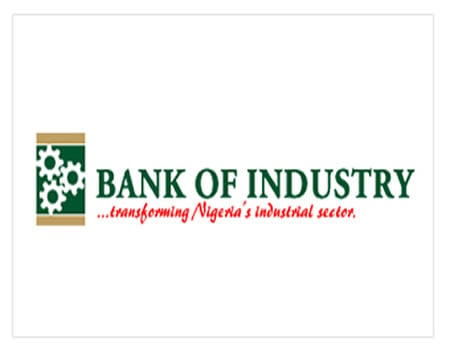The Bank of Industry (BOI) has achieved a significant milestone in Nigeria’s fight against climate change by securing accreditation from the Adaptation Fund as a National Implementing Entity (NIE). This accreditation empowers BOI to access and manage substantial financial resources dedicated to climate adaptation projects across Nigeria. This development comes at a crucial time as the nation grapples with the escalating impacts of climate change, including erratic rainfall patterns, devastating floods, prolonged droughts, and intense heatwaves, all of which exacerbate existing vulnerabilities and threaten the livelihoods of millions. The accreditation process, overseen by the Adaptation Fund Board, involves a rigorous evaluation of the institution’s capacity to effectively manage and implement climate-related projects. BOI’s successful accreditation underscores its commitment to environmental sustainability and its readiness to play a pivotal role in building climate resilience across the country. This new status allows BOI to access up to $10 million for individual climate adaptation projects and a total of $20 million for nationwide initiatives, offering a significant boost to Nigeria’s climate resilience efforts.
The accreditation from the Adaptation Fund marks a critical turning point in Nigeria’s efforts to address the multifaceted challenges posed by climate change. The country is increasingly experiencing the adverse effects of a changing climate, with vulnerable communities bearing the brunt of these impacts. The changing climate patterns disrupt agricultural practices, threaten water resources, endanger biodiversity, and pose significant risks to human health, particularly among the most vulnerable segments of the population. These climate-induced challenges not only impede economic development but also jeopardize the progress made towards achieving the Sustainable Development Goals (SDGs). The BOI’s accreditation provides a much-needed avenue for accessing financial resources to implement concrete adaptation measures that will enhance the resilience of communities and ecosystems, safeguarding lives and livelihoods in the face of climate change.
This accreditation signifies a vital step forward in Nigeria’s pursuit of climate resilience. With access to the Adaptation Fund’s resources, BOI can now spearhead the development and implementation of projects designed to mitigate the adverse effects of climate change and build adaptive capacity within communities. These projects will focus on practical interventions such as improving water management systems, promoting climate-smart agriculture, enhancing disaster preparedness, and strengthening community-based adaptation strategies. The aim is to empower vulnerable communities to better cope with the impacts of climate change, ensuring their long-term sustainability and well-being. The accreditation provides a framework for a more structured and impactful approach to climate adaptation, moving beyond ad-hoc interventions to a more strategic and coordinated national response.
The Adaptation Fund, established under the Kyoto Protocol of the United Nations Framework Convention on Climate Change (UNFCCC), plays a crucial role in financing climate adaptation projects in developing countries. The World Bank serves as the trustee for the Fund, ensuring transparency and accountability in the management of resources. The Fund prioritizes country-driven approaches, emphasizing the importance of aligning projects with national needs, priorities, and perspectives. This participatory approach ensures that adaptation initiatives are tailored to the specific challenges faced by each country, maximizing their effectiveness and impact. The Adaptation Fund has a proven track record of supporting vulnerable communities worldwide, having committed over $1.25 million to climate adaptation and resilience projects since 2010.
The Adaptation Fund’s contribution to global climate resilience extends to 183 concrete, localized projects across developing countries, reaching approximately 45.8 million beneficiaries. These projects focus on practical solutions that enhance the adaptive capacity of communities and ecosystems, addressing a wide range of climate-related challenges. From supporting climate-resilient agriculture practices to strengthening coastal protection measures, the Fund’s investments are helping vulnerable communities build resilience and adapt to the changing climate. The BOI’s accreditation as a National Implementing Entity provides Nigeria with access to this valuable network of expertise and resources, allowing the country to benefit from best practices and lessons learned from other countries.
The BOI’s accreditation as Nigeria’s National Implementing Entity for the Adaptation Fund marks a significant achievement in the country’s efforts to combat climate change. This new status empowers BOI to mobilize substantial financial resources and implement targeted projects that will enhance the resilience of communities vulnerable to the impacts of a changing climate. The accreditation underscores the importance of international collaboration in addressing the global challenge of climate change and highlights the vital role of national institutions like BOI in translating global commitments into tangible actions on the ground. The BOI’s leadership in this area signifies a promising step towards building a more climate-resilient future for Nigeria.














